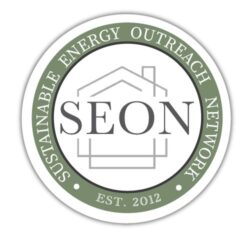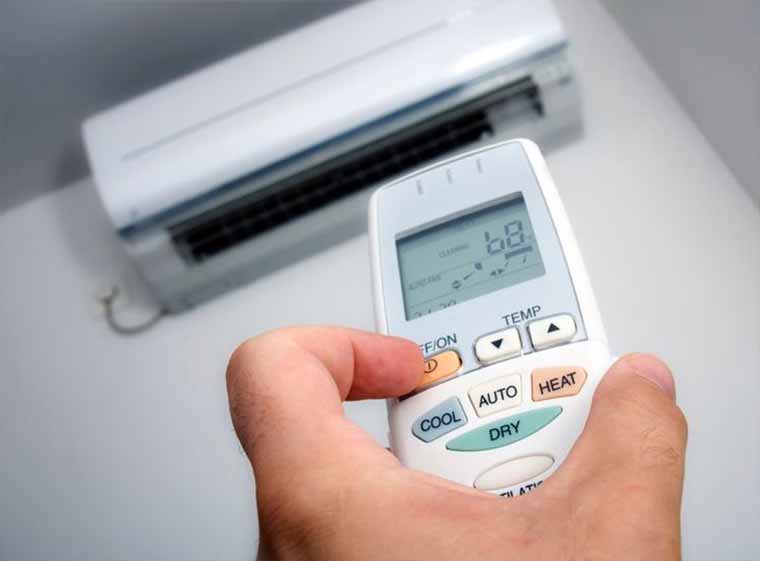What are the first steps towards investigating a heat pump system for my home, rental property, or business?
Before you install a heat pump system, ensure that your building is weatherized properly. There’s an adage: “The least expensive BTU is the one you never use.”
How do I measure the efficiency of my building?
If you do not know how to measure the efficiency of your building, contact: NeighborWorks H.E.A.T Squad at 802-438-2303.
The next step is to find a certified heat pump installer.
We recommend starting at Efficiency Vermont’s approved list of certified installers
What do I ask a potential installer?
When you contact a potential installer, ask how many ductless heat pumps they install annually and their level of familiarity with this type of product.
What information should I gather for an initial consultation with an installer?
Be clear on your intent for such a system.
For example, do you want to supplement your fossil fuel, biomass, or resistant heat (electricity) use, or have the heat pump be your primary heat source with another system as a back-up?
Have information about your building:
- (square footage, insulation values if known)
- type of HVAC system (oil, propane, gas, biomass)
- equipment model numbers, if possible.
- Historical utility bills are helpful for estimating energy savings.
Most manufacturers have tools on their websites that will help with equipment selection as well as energy estimation. Here is the link to Mitsubishi/Fujitsu’s websites: www.fujitsugeneral.com (offers a savings (ROI) calculator).
What is the cost range for a heat pump system?
For a 12,000 BTU unit, the installed price could be approximately $2,500 to $3,500.
How do I determine the number of units/capacity I’ll need?
There are industry rules of thumb (i.e.: 400 sq. ft./ton or 30 BTU/sq. ft), but it is best to leave equipment sizing to the contractor, as things like insulation values, window type, and ceiling height may affect the equipment selection. Oftentimes, a good starting point is examining the size of the existing HVAC system and how well it has performed in the home.
What resources can Efficiency Vermont provide?
- Bill Payment Assistance — for those behind on utility bills, who may qualify for assistance including reduced rates and forgiveness of past bills.
- Energy Bill Reduction— find out how to lower your monthly energy bills with efficient products, appliances and services designed specifically for limited-income Vermonters.
- Low Income Residential New Construction — Income-eligible (or low-income) customers may enroll new homes to be Efficiency Vermont Certified and receive free energy consultation.
- Mobile Home Replacement — replace your current mobile home with an affordable, comfortable, Zero Energy Modular℠ home.
Find out more here.

